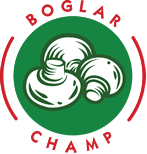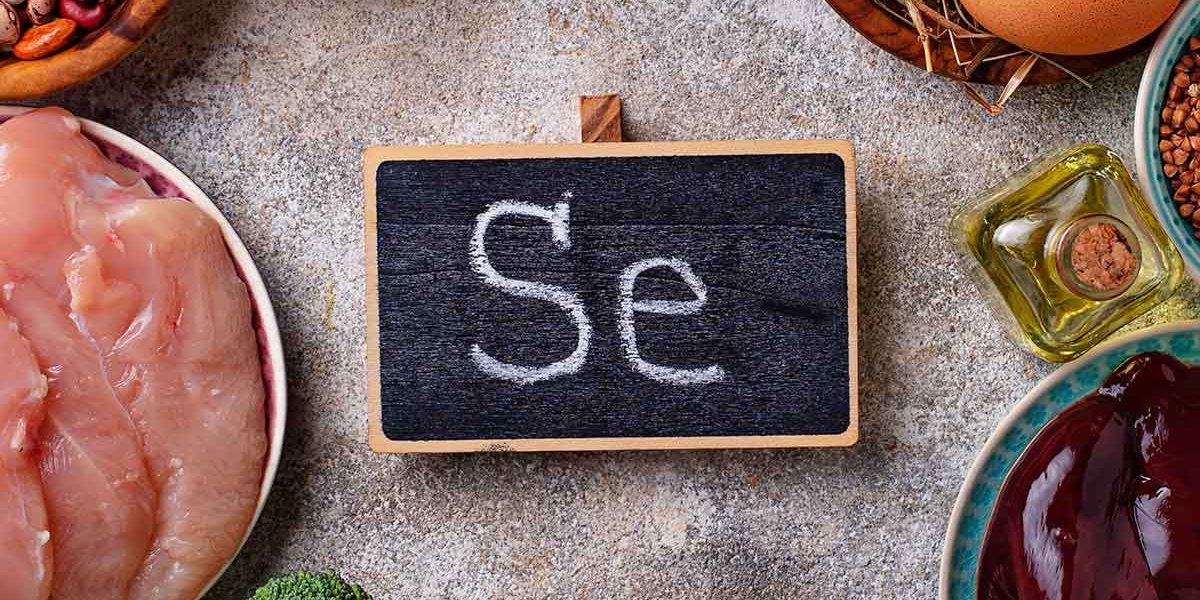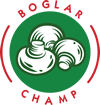Unfortunately, more and more people are affected by cancer, diabetes, hypothyroidism, or hyperthyroidism related hormonal obesity, high cholesterol, vasoconstriction, cardiovascular problems, or infertility. Selenium is a very important mineral for our body, according to experts, the proper intake of it can help prevent the above-mentioned diseases.
Why is selenium so important?
Selenium is an essential microelement, a component of many enzymes, that also plays an important role in the production and breakdown of thyroid hormones. Such would be the case of an autoimmune thyroid disorder, the treatment of which can began by an intake of selenium, on medical advice. Why?! Because selenium has the power to regulate the immune system by keeping in balance the underactive and the overactive immune system.
This important micronutrient is also an excellent antioxidant and, according to some, even the most important antioxidant. Due to its antithrombotic, lipid peroxidation inhibitory effect, can prevent the development of cardiovascular diseases. It is also used against harmful free radicals, and according to research, it also has a cancer-preventing effect. It is antiviral, and it also has a role in the prevention of arthritis and pancreatitis, not to mention that it significantly contributes to the maintenance of the health of hair, skin, nails, and eyes.
It is to be found in larger quantities in the kidneys, but at the same time it also contributes to the normal functioning of the liver, thyroid, pancreas and gonads. Chronic liver patients are especially recommended to take supplements to prevent the development of liver cancer. Selenium would be a highly recommended supplement if you developed symptoms like general physical fatigue and low fitness, decreased thyroid hormone production (and the resulting mental fatigue, depression, unexplained irritability, dry skin, constipation, decreased sex drive), fertility-related problems (low sperm count, multiple miscarriages). Selenium deficiency can also cause inflammatory diseases on the skin, stroke, asthma.
How much selenium does our body need?
It may differ from person to person, but the daily recommended amount, taken in the form of dietary supplement should not be exceeded. By adults, it can be as high as 100-200 micrograms according to some dietitians.
The official daily recommended amount of selenium is 60 micrograms for women and 75 micrograms for men. The recommended daily intake is 65 micro grams per day for pregnant women and 75 micrograms of selenium per day for nursing mothers. For people engaged in heavy physical labor or subjected to prolonged stress, the recommended daily amount can reach up to 80 micrograms.
What are the best selenium-rich foods?
Even if we do not realize, but due to our lifestyle or age (smoking, unbalanced diet, old age, pregnancy, breastfeeding, vegetarianism) we might be in a risk group, and it is worth paying more attention to natural selenium intake.
In the following you will find the best selenium-rich ingredients there are:
1. Sardines
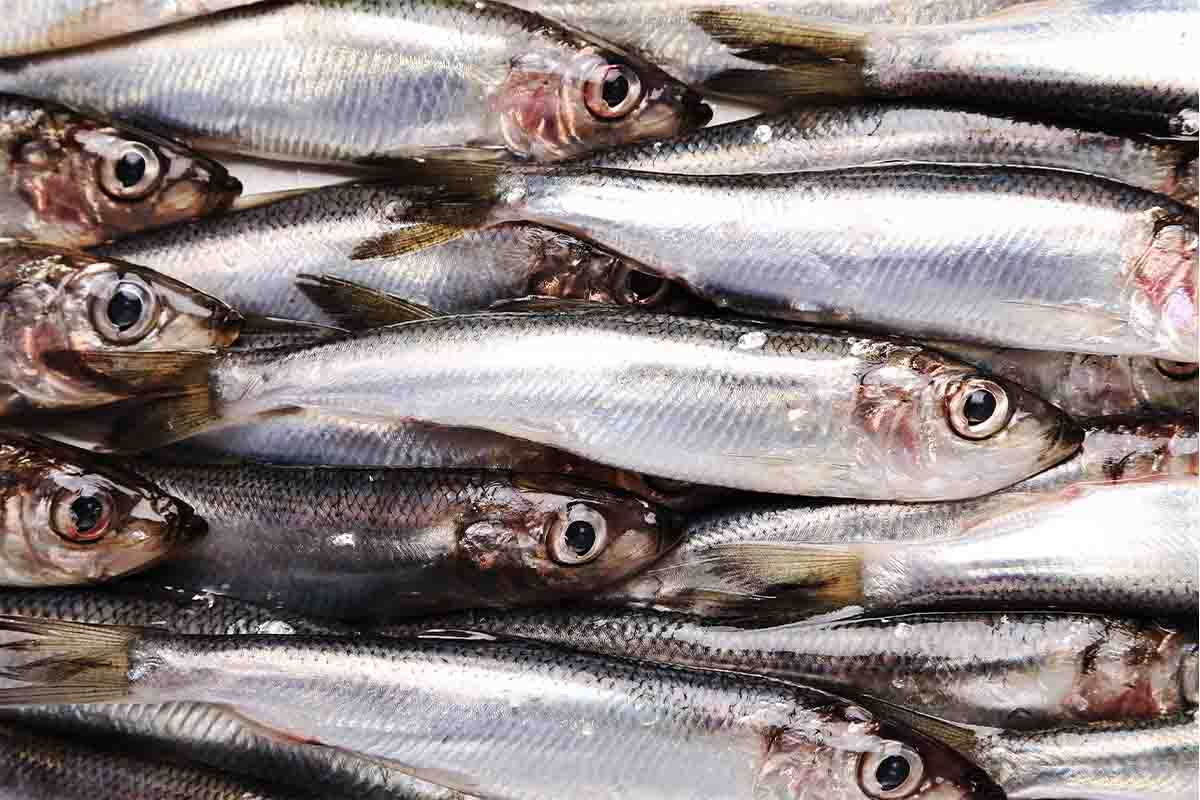
In addition to being one of the highest Omega-3 source, it also contains other important minerals and vitamins. Sardines are a significant source of selenium. By eating an amount of just 85 grams of sardines a day, will cover 87% of our daily selenium intake.
2. Salmon
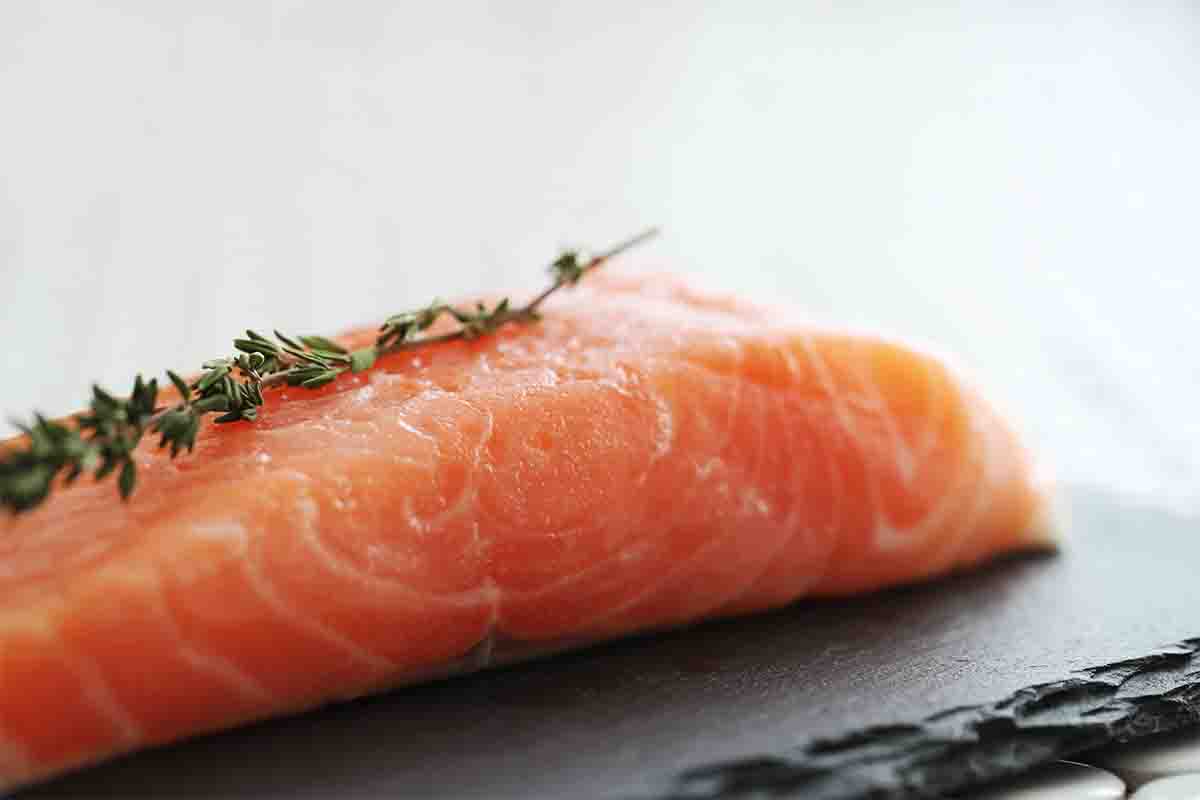
Selenium is also found in concentrated form in salmon. 10 grams of salmon a day, will cover about 62% of our selenium needs.
3. Champignons
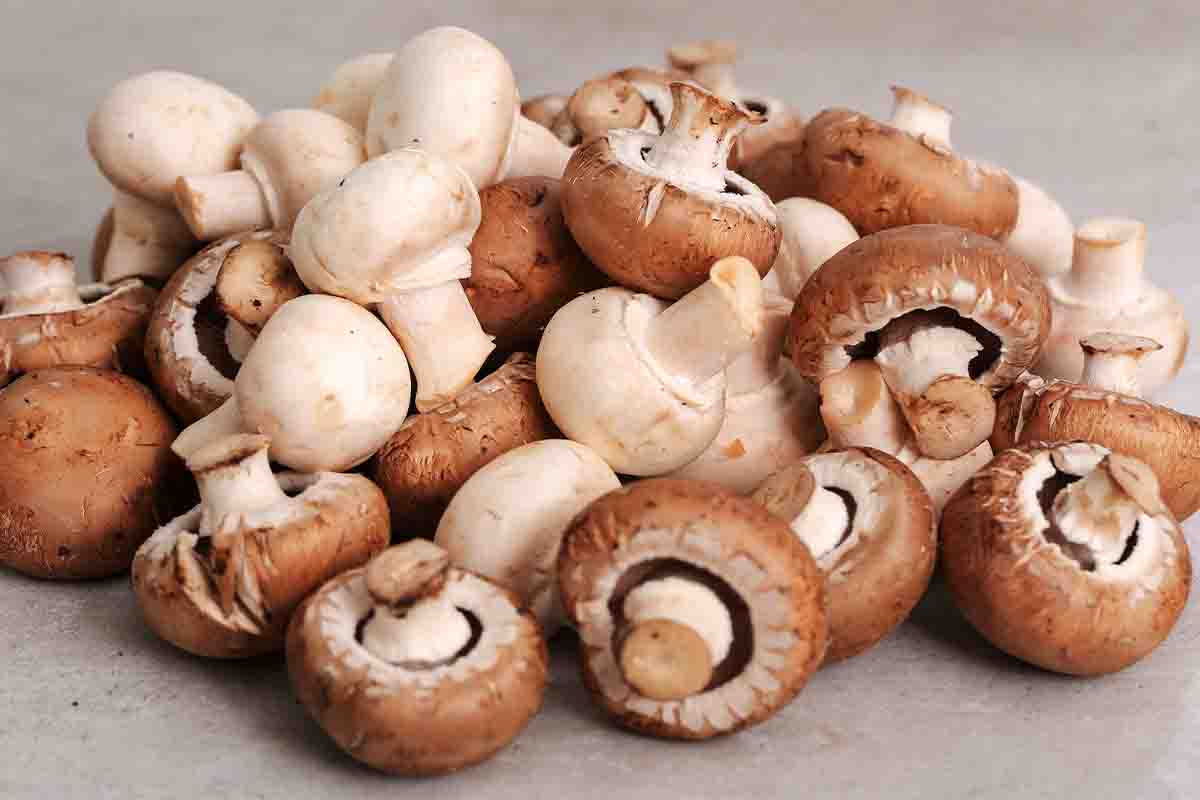
Champignons are also an excellent source of selenium, vitamins B2, B3, B5, copper, potassium (calcium) and phosphorus. 10 ounces (3-4 hats) of champignons covers half of an adult’s daily selenium needs. (With our salmon-mushroom cream recipe you would be covered for one day’s selenium intake.)
4. Nuts
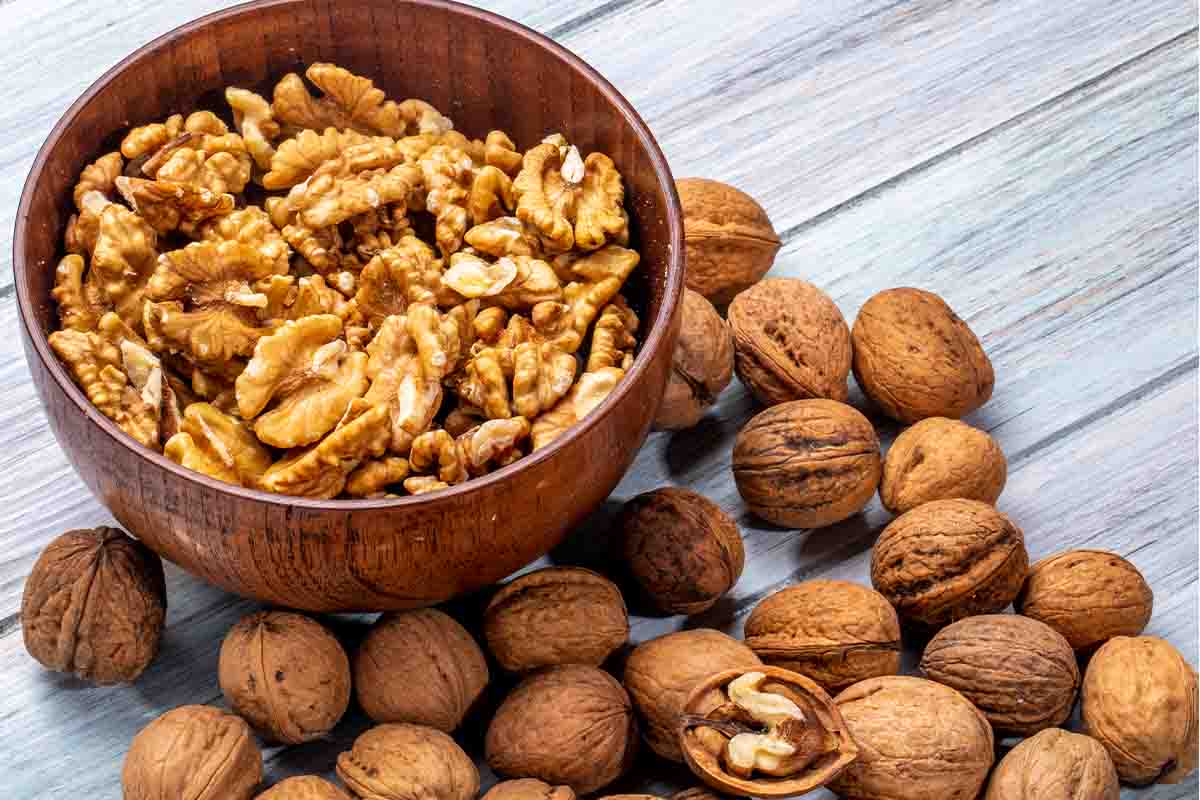
Because nuts are also a great source of selenium dietitians recommend eating 3-5 grains a day, among other nuts, the Brazil nuts are considered to be a real selenium bomb. A single grain of this nut can contain up to 100 micrograms of selenium, so by eating 1-2 grains, the adult’s daily requirement can be covered.
(How to combine walnuts with mushrooms? We have the perfect recipe for this too!)
5. Sunflower
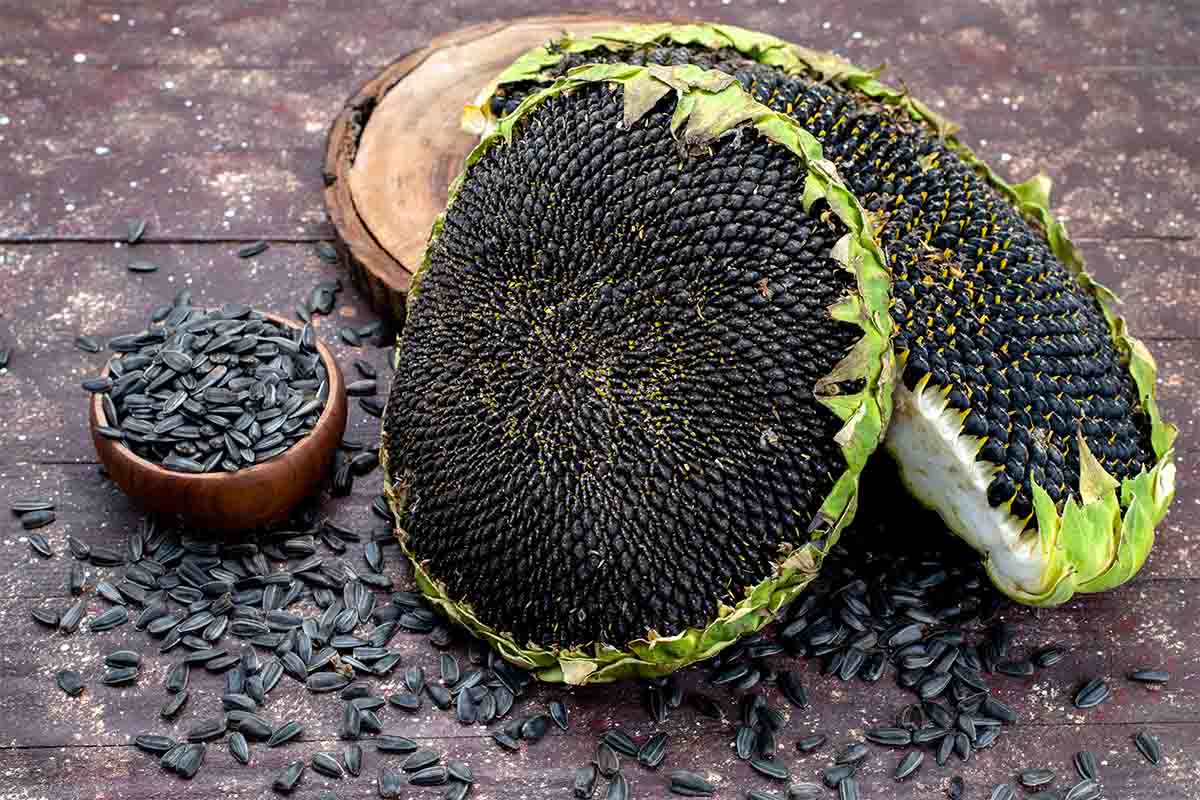
Sunflower seeds contain a significant proportion of vitamin E and selenium. 30 grams of shelled seeds can provide 32% of the daily recommended selenium intake.
6. Eggs
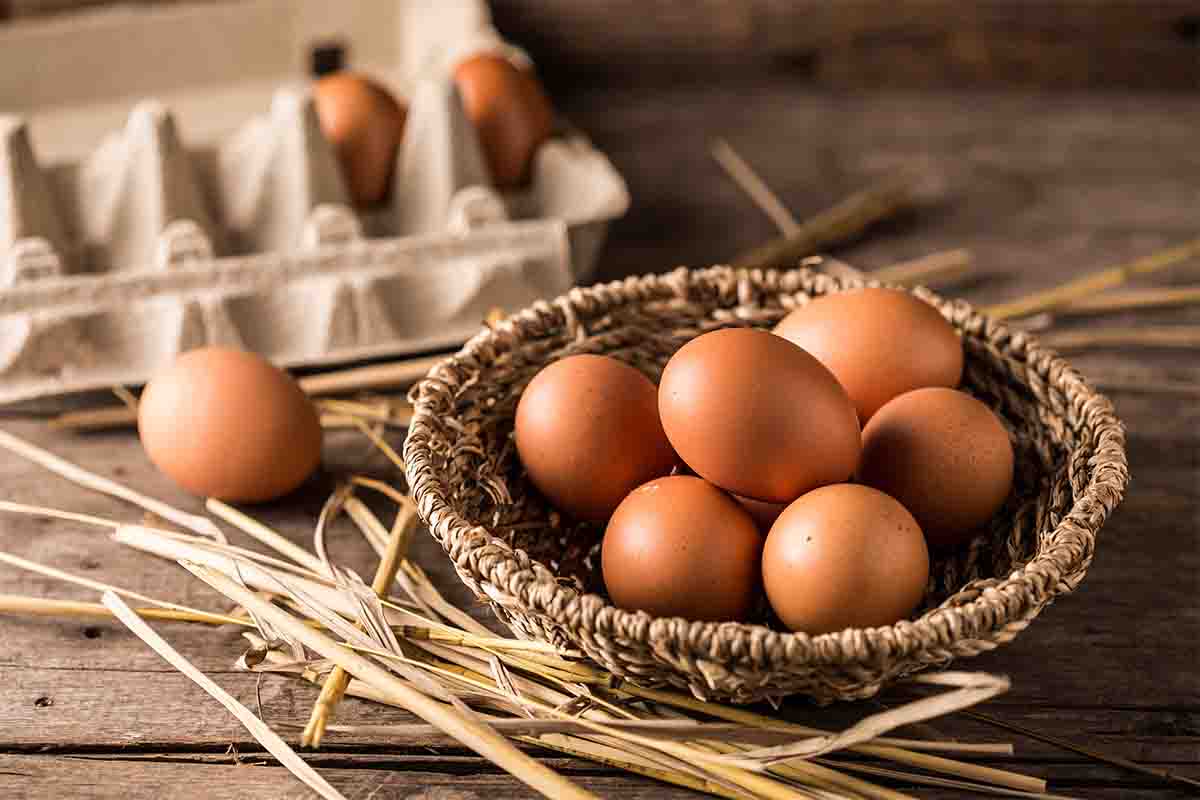
A single egg, weighing an average of 50 grams, contains 20 micrograms of selenium. By consuming them we can cover 30% of our daily vitamin B12 needs and 23% of our selenium intake.
(Well, one fabulous recipe of champignons with scrambled eggs: give it a try!)
7. Lentils
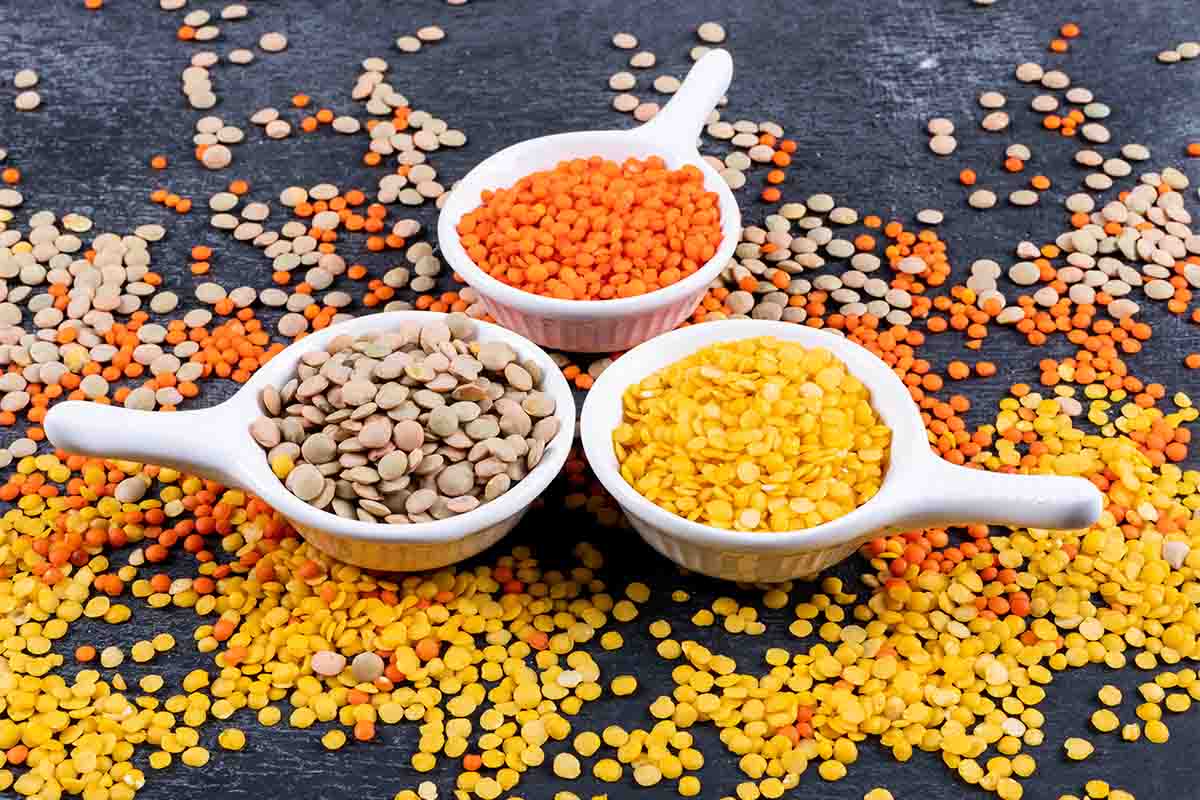
Lentils are an excellent source of riboflavin (vitamin B2), niacin (vitamin B3), pantothenic acid (vitamin B5), magnesium, zinc, copper and selenium. Legumes usually contain significant amounts of selenium, but at the same time they are a great source of protein, which is why it is also important to consume them regularly.
8. Offal
Among offal, mainly the liver and the kidneys contain a high proportion of selenium. For example, in 100 grams of chicken liver contain 54.6 micrograms of selenium, a 100 grams of pork kidney contain 190 micrograms.
9. Wheat germ
100 grams of wheat germ contains 79.2 micrograms of selenium.
10. Garlic
In 100 grams of garlic there are 14.2 micrograms of selenium.
The reason why we underline the importance of the doctor’s supervision by any intake of supplements is because you can overdose with selenium by artificial intake, so it is highly recommended that you only take selenium supplements if recommended by your doctor, in case of a deficiency.
However, our recommendation is, if you want to ensure the right amount of selenium in your body, it is worth including selenium-rich foods into your diet. If we can cover our daily needs just by eating the right food, there is no need for an overdose!
